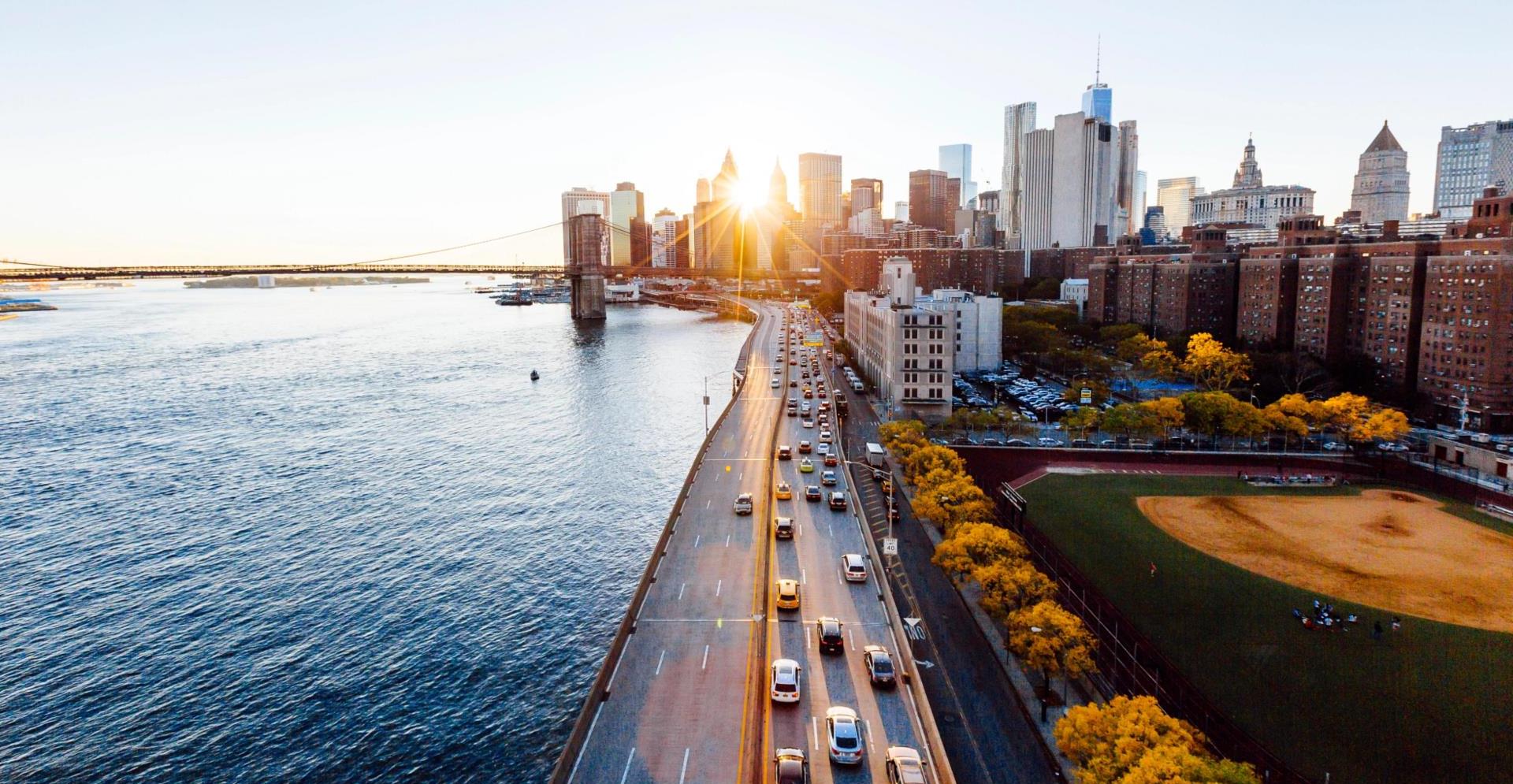Cities bring the promise of better living – good infrastructure, accessibility, and plentiful opportunities. But as urban cities continue to expand with an accelerating global population, how can we continue keeping this promise alive?
Cities must redefine themselves at pace with the evolving world around us, responding to global shifts, like climate change, biodiversity loss, and social expectations.
At the same time, each city has a unique identity defined by its culture, systems, and geographic and demographic characteristics. All these elements need to be considered to ensure that reimagined cities keep the needs of the community at the forefront of planning.
-
Read more
The term ‘green economy’ was first coined by the United Nations in connection with Sustainable Development Goals. In a green economy, growth in employment and income are driven by both public and private investment into economic activities, infrastructure and assets that allow reduced carbon emissions and pollution, enhanced energy and resource efficiency, and prevention of the loss of biodiversity and ecosystem services. It aims to provide an effective means to lead nations out of crises – financial, energy, food – while considering planetary boundaries and sustainable development.
A green economy approach, focused on low carbon growth and supported by digital innovation, is key to sustainable urban master planning.

Find out more about this perspective
Connect with Roni Deitz for more information & questions.
Highlights
2050
2050
60%
Here, we analyze a holistic approach with real solutions that
can create prosperous cities for the future.
Find out more about this perspective
For perspective, RFPs and RFQs, please get in touch and we will connect you with the best point of contact




